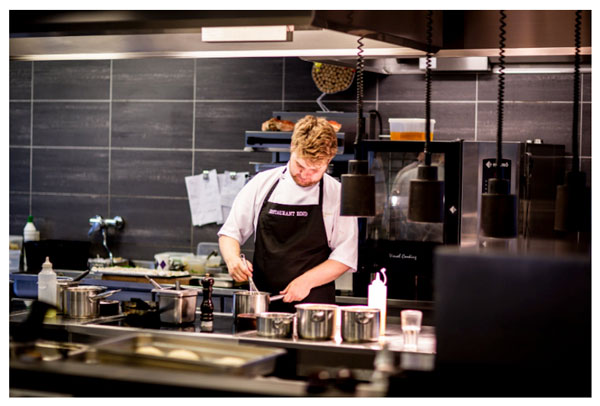Food technology plays an essential role in helping us to produce, process, and prepare food safely and hygienically. It is a vast subject, covering a range of topics from food safety to food production, food processing, and food storage. As one of the most important industries in the world, food technology has a significant impact on our lives.
- Nutrient Retention:
Food technology helps to retain the essential nutrients in food while preparing it. It enables food to be cooked and preserved in a way that retains the vitamins and minerals in the food, providing better nutrition for consumers.
- Product Development:
food technology has enabled the development of many products designed to meet specific dietary requirements. This includes foods that are low in fat, sugar, and salt, as well as those that are gluten-free and dairy-free. Technology has also allowed food to be fortified with added vitamins and minerals, making it easier for people to meet their daily nutritional needs. In addition, technology has enabled the development of healthier food products, such as low-calorie snacks and ready-to-eat meals.
- Hygiene Standards:
It is essential to maintain hygiene standards in food production and processing to ensure that food is safe to eat. Food technology helps to ensure that hygiene standards are met by monitoring production processes, testing food samples, and regularly checking equipment.
- Cost Reduction:
Food technology helps to reduce the cost of production and processing. By automating processes and reducing waste, food technology can help to improve efficiency and ensure that food is produced more cost-effectively.
- New Ingredients:
Food technology has enabled the development of new ingredients and additives, such as preservatives and flavour enhancers, which can be used to improve the taste and texture of food. It has enabled the production of more nutritious foods, such as fortified cereals, that contain vitamins and minerals that may be lacking in a person’s diet.

- Nutraceuticals:
It has also enabled the development of nutraceuticals, which are food products that provide health benefits beyond basic nutrition. These products can include supplements and fortified foods that provide additional vitamins and minerals.
- Food Safety:
Food technology helps to ensure that food is safe to eat by monitoring production processes, testing food samples, and regularly checking equipment. Testing for toxins and contaminants is also an important part of food technology, helping to identify and prevent food-borne illnesses.
- Preservation:
It helps to preserve food by using a variety of methods, such as freezing, canning, and drying. This helps to reduce food wastage and make food last longer, while still maintaining its nutritional value. It can also help to reduce spoilage by using proper storage techniques, such as proper sealing and wrapping of food items. Additionally, it can help to reduce food borne illness by using proper sanitation and cooking techniques.
Conclusion:
Food technology is an essential part of our lives, enabling us to produce, process, and preserve food safely and hygienically. It helps to retain essential nutrients in food, develop new products, and ensure food safety. It also helps to reduce costs and preserve food, making it more accessible and affordable. By using food technology, we can ensure that our food supply is safe, nutritious, and available to everyone.














